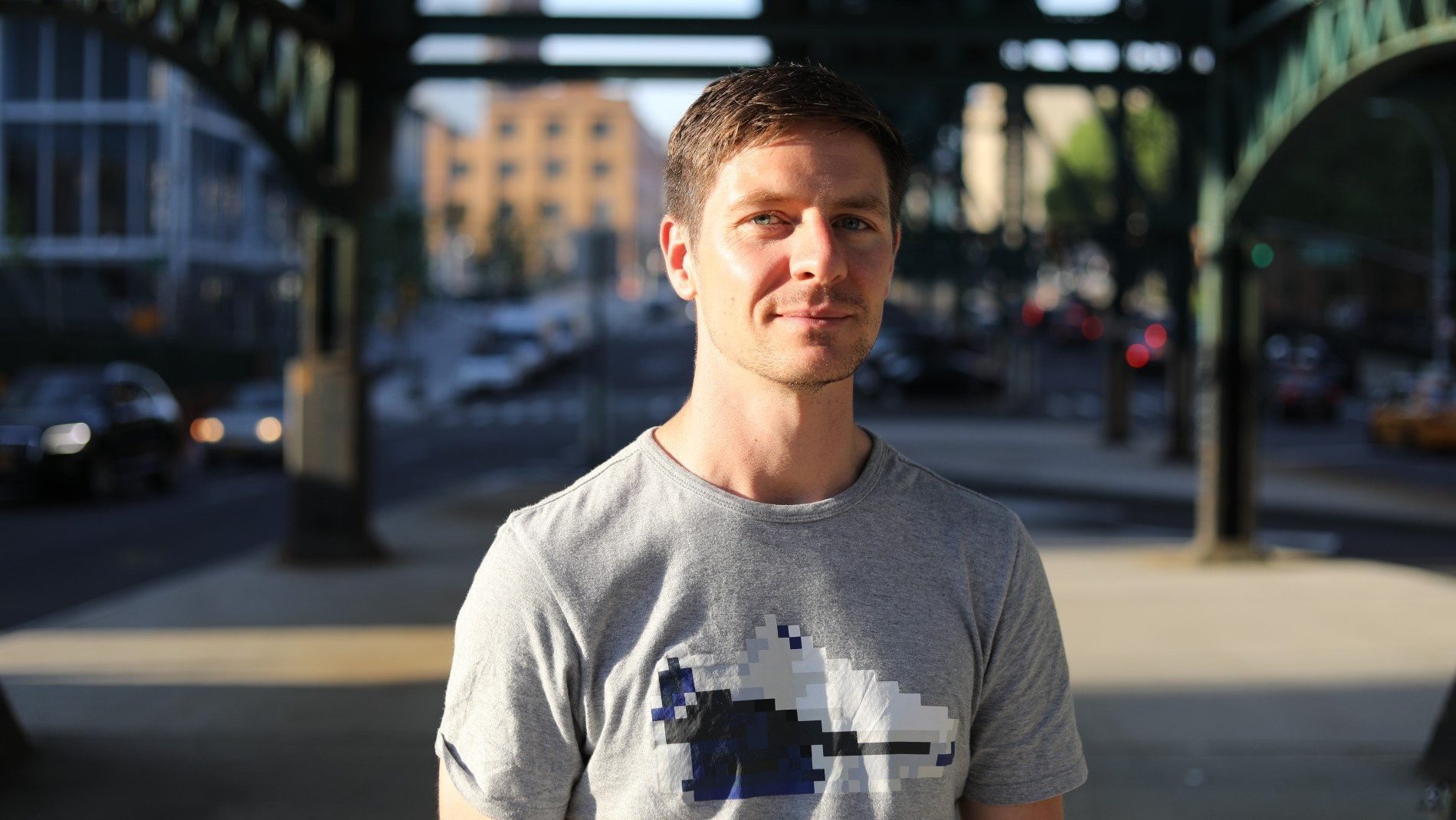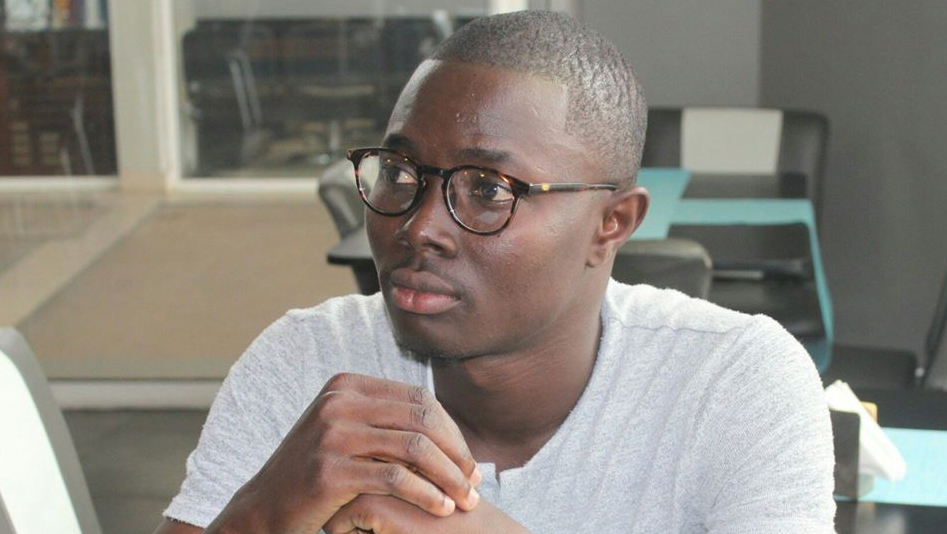The International Consortium of Investigative Journalists collaborates with hundreds of members across the world. Each of these journalists is among the best in his or her country and many have won national and global awards. Our monthly series, Meet the Investigators, highlights the work of these tireless journalists.
This month, we speak with Jan Lukas Strozyk, an investigative journalist at German broadcaster NDR. As an amateur triathlete, Jan knows you can achieve more if you are good at several disciplines rather than just one. It’s a philosophy he’s taken into the newsroom, and it has helped him thrive in the fast-changing world of 21st-century journalism. Follow him on Twitter here.
Within days of leaving journalism school, you found yourself on some of the biggest international stories in investigative journalism. How did that come about?
In 2013, when I graduated from journalism school in Hamburg, it was not a great time. The economic picture was bad, and particularly for newsrooms. A lot were closing down or reducing in size, many were trying to evolve into more digital operations. I felt I’d prepared well to take the next step, but all I saw around me were people being laid off, restructuring and jobs changing in ways that didn’t appeal to me — people were saying: “The way to make money from the internet is through listicle and cat content.” That wasn’t for me.
NDR, one of the biggest regional public news broadcasters in Germany, had an apprenticeship program for the best young talents in TV and radio — of which there were many. But on this occasion, they were looking for specific skills, someone who had both writing ability and digital know-how. That was my big break. Since I was a kid, I have always been interested in how computers work. NDR didn’t have a lot of people who knew a great deal about how to get the most from emerging digital sources, such as the dark web. I could fill that gap.
At NDR, I started working on a collaborative project between NDR and Süddeutsche Zeitung [a German daily newspaper and ICIJ partner]. The project was called The Secret War, and was mostly about U.S. military forces using Germany as a hub for military activities in Africa and the Middle East. My role was to write copy for NDR’s website and to act as a link-person between the journalists and the web developers. NDR specifically looked for someone with these skills, and that’s how they found me.
I was only supposed to stay for this one project, but another followed, then another and so on. I was very young and didn’t have a lot under my belt at that point. I was basically a local newspaper journalist with one-and-a-half years’ experience. Suddenly I was working on [ICIJ investigations] Swiss Leaks, Lux Leaks, Panama Papers and Paradise Papers.
When we worked on Swiss Leaks, I wrote a very simple script — copied it from the internet and adapted it a little — to find German addresses in a large dataset.
You went to journalism school to train as a reporter, but did you have formal training to develop these digital skills that became such an important part of your job?
I realized early on that there was a need for someone who knew computers and knew how to correctly handle information, how to work with it, how to organize it, how to search it. I remember when we worked on Swiss Leaks, I wrote a very simple script — I basically copied it from the internet and adapted it a little — to find German addresses in a large dataset.
It was a very simple thing, but it was something that, if I wasn’t around, NDR would have to have hired someone in to resolve. And over time I built more skills.
When we worked on Panama Papers, I had a lot of time to improve technically. There was a list of thousands of German names, each of which we felt could lead to a great story. We needed to find out which names were also on the German equivalent of the Forbes rich lists, or which ones had been involved in court cases. Wrestling with problems like these, that’s how I developed my skills. It wasn’t until 2018 that I formalized all that learning by taking a four-month data journalism summer school program at Columbia University. That was the quick way to get the kind of skills I’d been developing on my own, or with the help of some tech-savvy friends.
But you have kept very involved in writing, too. How have you managed to keep going with both?
From day one at NDR, I started learning a lot — both from web colleagues and reporters. Probably the thing I’m best at is “being mediocre” at two things at the same time. I can do the tech side OK, and I’m also a good reporter — not a brilliant reporter, but good.
This is the story of my life. I also compete in triathlons, and it’s kind of the same thing. I know how to swim, but I’m not good enough to keep up with the good swimmers; and I know how to bike but I’m not good enough to keep up with the best cyclists, etc. My best quality is that I’m OK at doing all three at the same time.
I’ve found this works for my life, too: don’t focus on being excellent at one thing if you can be okayish at a couple of things. It works for me, anyway.
As well as working collaboratively with ICIJ partners, NDR’s investigative team often joins forces with counterparts at fellow broadcaster WDR and daily newspaper Süddeutsche Zeitung. How does that work?
Each of us has distinct local roots: NDR was born as a regional channel servicing the north of Germany, the ‘w’ in WDR is for the west and the ‘s’ in Süddeutsche Zeitung is for ‘south’. Of course, today, we all break national and international stories, but there can still be a regional emphasis. For example, when we published the result of our collaborative work on the Paradise Papers, we [at NDR] featured a story that was important in Schleswig-Holstein, the northernmost state in Germany. Meanwhile, our colleagues at WDR found a story that led them to a small regional airport in their area. Süddeutsche Zeitung had the big global story on page one, and their more regional story, for the Munich area, in the back of the paper. So while we are collaborating on our big-picture story, we are also able to regionalize our coverage, picking out elements that are relevant to our separate local audiences.
Do you think there’s a future for journalism that is very local to a small area?
Even though I’m working for one of the largest investigative departments in Germany, at NDR if I want to do a story that affects only a couple of blocks here in Hamburg, that’s possible. This is because of our roots as a regional institution. And sometimes it’s the small, regional stories that evolve into bigger national stories. You would miss those bigger stories unless you started out with a local focus.
But I am fearful of what’s going to happen to a lot of regional newspapers and TV stations around the world. Many have been in a bad way for years. The coronavirus-related economic slowdown could soon end regional journalism for parts of the world.
If they could find a way to share overheads that might help a few survive. Perhaps we need some kind of central non-profit organization that can pool functions like freedom of information requests or data management and analysis — or even help reporters at different outlets exchange ideas, as ICIJ does. Of course, it would be better if newsrooms could do everything themselves, but that’s not likely in the future.
And if you’re forced to work together a bit more, that can sometimes lead to new stories.



